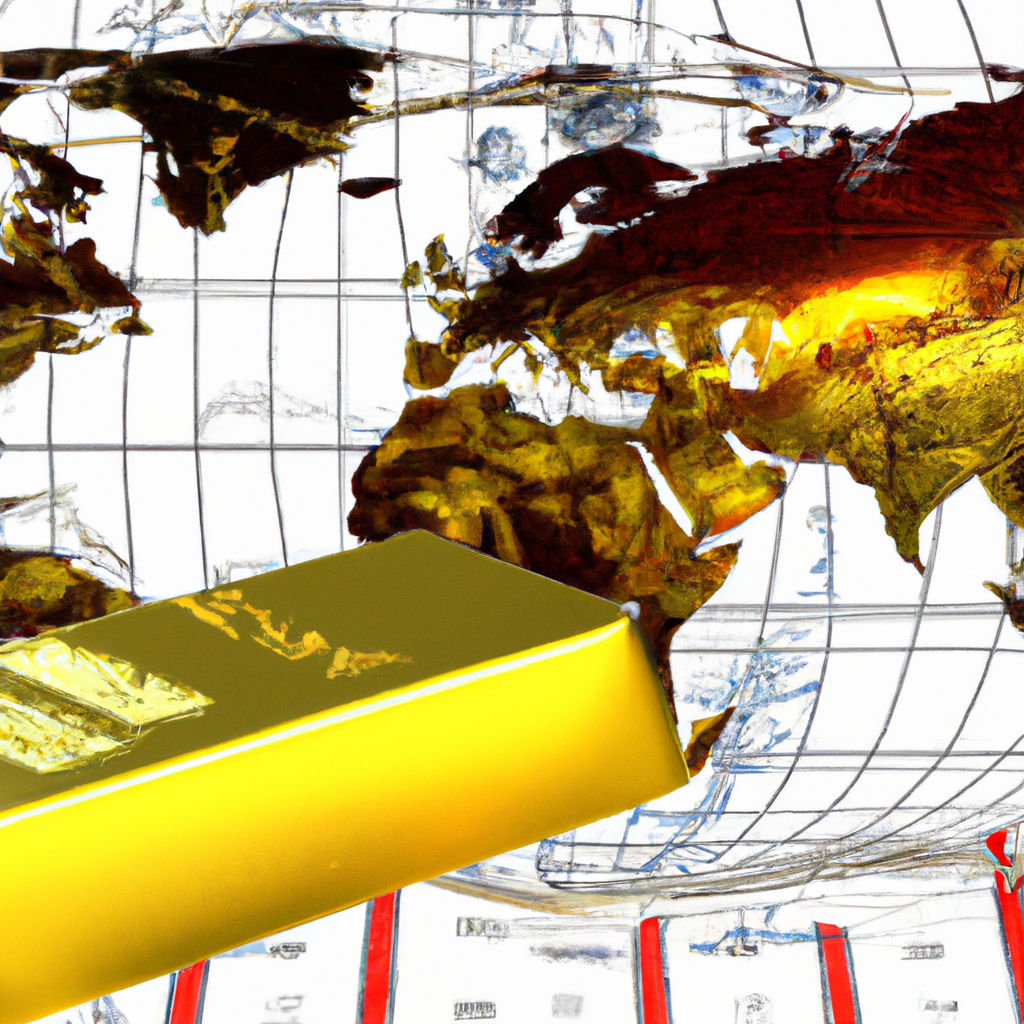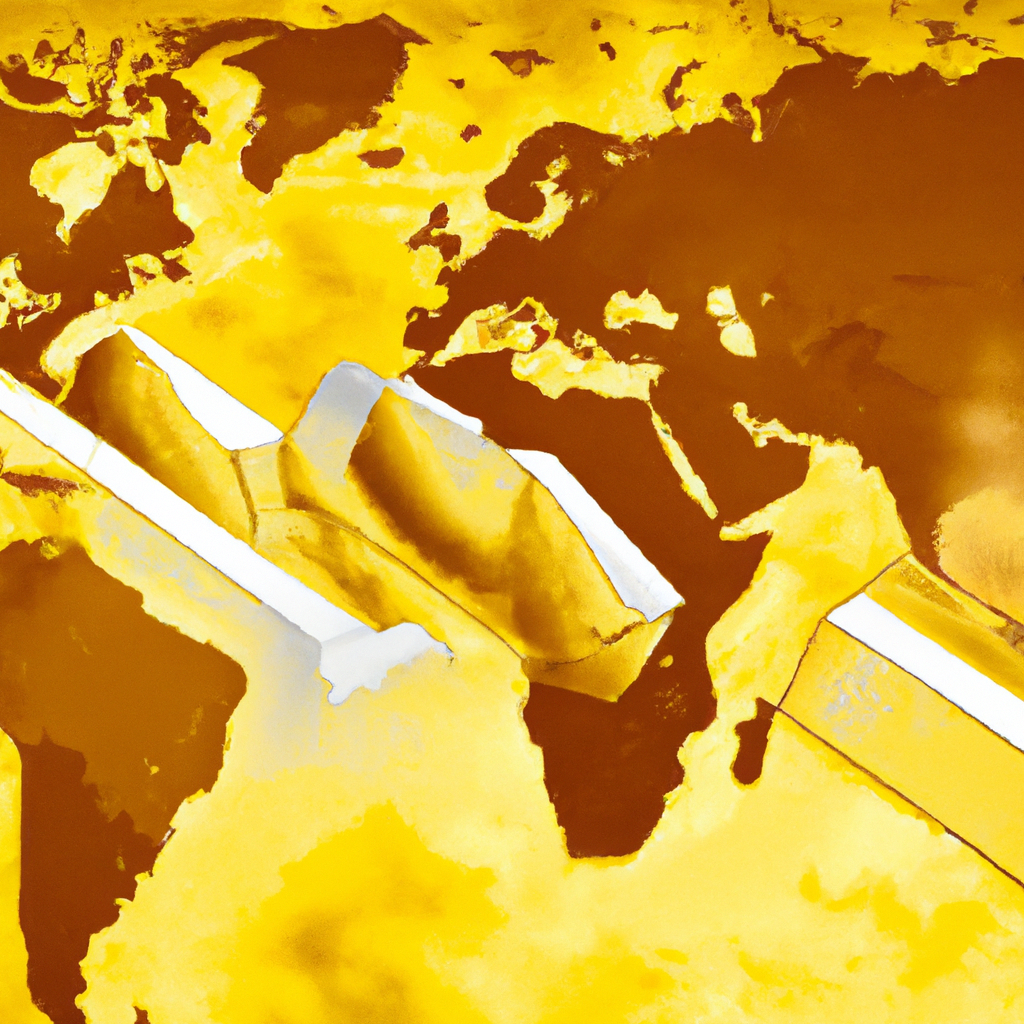In the expansive exploration of “Geopolitical Events And gold investment: A Correlation Study,” you’ll unearth the complex and fascinating relationship between geopolitics and gold investments. You’ll be guided through intricate studies and insightful analyses, witnessing firsthand the intriguing correlation that exists between these global events and shifts in the gold market. Prepare to gain a richer understanding and advantageous perspective on the interactive interplay that can influence your investment choices. This eye-opening narrative meticulously walks you through the labyrinth of global politics and its impact on the value of gold, a must-read for anyone looking to navigate the gold investment landscape with confidence and foresight.
Understanding Geopolitical Events
In this fascinating journey through global finance, we take a deep dive into the world of geopolitical events. Geopolitics is not just about the physical world. It’s also an unfolding drama on a global stage, where nations are characters, and the plot revolves around power and resources.
Definition of Geopolitical Events
You might be asking yourself, what exactly are geopolitical events? These are occurrences that impact the political and social structure of the world. They can range from international conflicts and political elections to new legal regulations and economic agreements. And, yes, as you could imagine, such events can have profound impacts on our everyday lives.
Types of Geopolitical Events
The types of geopolitical events can vary widely. Examples include natural disasters, terror attacks, wars, political instability, economic crises, and more. Each type has the potential to shape and change the global political landscape and impact nations’ economies.
Impact of Geopolitical Events on Global Economy
The effects of geopolitical events on the global economy can be extensive and far-reaching. For instance, an unexpected change in government policy can affect international trade, leading to changes in currency values. A severe natural disaster can disrupt essential services, requiring significant financial resources for recovery and rebuilding. Always remember, no action or event occurs in a vacuum; the ripple effects of geopolitical happenings are felt globally.
Basics of Gold Investment
Now, let’s switch gears and talk about gold investment – a topic that’s just as thrilling and equally significant in the world of finance.
What is Gold Investment
Gold investment refers to the buying or trading of gold as an asset. It’s often seen as a safe haven in times of financial uncertainty. When the going gets tough, investors often turn to gold for stability.
Different forms of Gold Investment
Gold investment doesn’t only mean acquiring physical gold bars or coins. You also have the option of investing in gold mining company shares, gold mutual funds, gold ETFs, and gold futures contracts. Each form of gold investment has its own pros and cons, and the choice depends on your risk tolerance, investment goals, and financial situation.
Gold as a Safe Haven Investment
Why do people perceive gold as a safe investment? Well, gold has been a source of value for thousands of years and has remained relatively stable over time. Aside from this, gold’s value often increases during financial crises, making it an effective hedge against inflation and currency fluctuations.
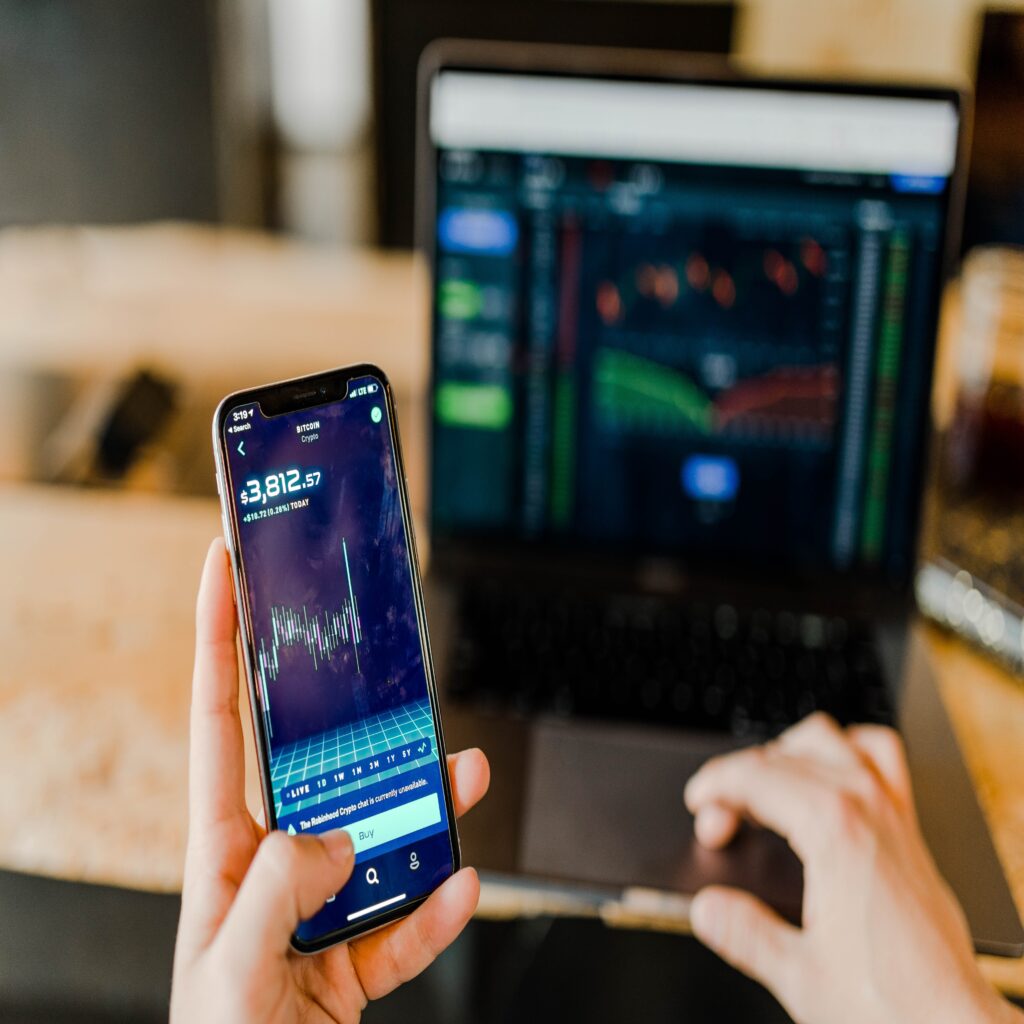
Historical Perspective on Gold and Geopolitics
No study of gold would be complete without looking at history. The past serves as our best reference guide for understanding current trends and future possibilities.
Historical Events Impacting Gold Prices
Numerous historical events have impacted gold prices. For instance, during the 2008 financial crisis, investors rushed to gold, driving its value significantly higher. Likewise, during times of war or political instability, gold prices often spike as people look for secure investments.
Gold Investment during Political Instability and War
During times of political unrest, people and governments alike have often turned to gold. It’s seen as a stable investment that can preserve wealth amidst uncertainty. Gold investment serves as a form of financial shield during these tumultuous times.
Bretton Woods Agreement and Gold Standard
The relationship between gold and geopolitics became very apparent during the Bretton Woods Agreement in 1944. The agreement established a gold standard, where each country’s currency was pegged to the value of gold. Though the gold standard no longer exists, the agreement shows the historical significance of gold within the global economy.
The Correlation between Geopolitical Events and Gold Investment
Here’s where things get really interesting. The relationship between geopolitical events and gold is not arbitrary; it’s a deeply interconnected dance of cause and effect.
Analyzing the Correlation
Numerous studies have found a correlation between geopolitical events and gold investment. Simply put, when global instability rises, so does the appetite for gold investment. However, it’s important to remember that correlation doesn’t necessarily imply causation, as other factors may also influence gold prices.
Understanding Correlation Coefficients
In statistical terms, the relationship between two variables is denoted by a correlation coefficient. A positive correlation implies that both variables move in tandem, whereas a negative correlation suggests they move in opposite directions. A correlation coefficient near 1 or -1 indicates a strong relationship.
Interpreting the Results of Correlation Study
After understanding the basics of correlation, interpreting the results becomes much easier. In the case of gold and geopolitical events, a positive correlation coefficient would suggest that as geopolitical instability increases, so does the price of gold and vice versa.
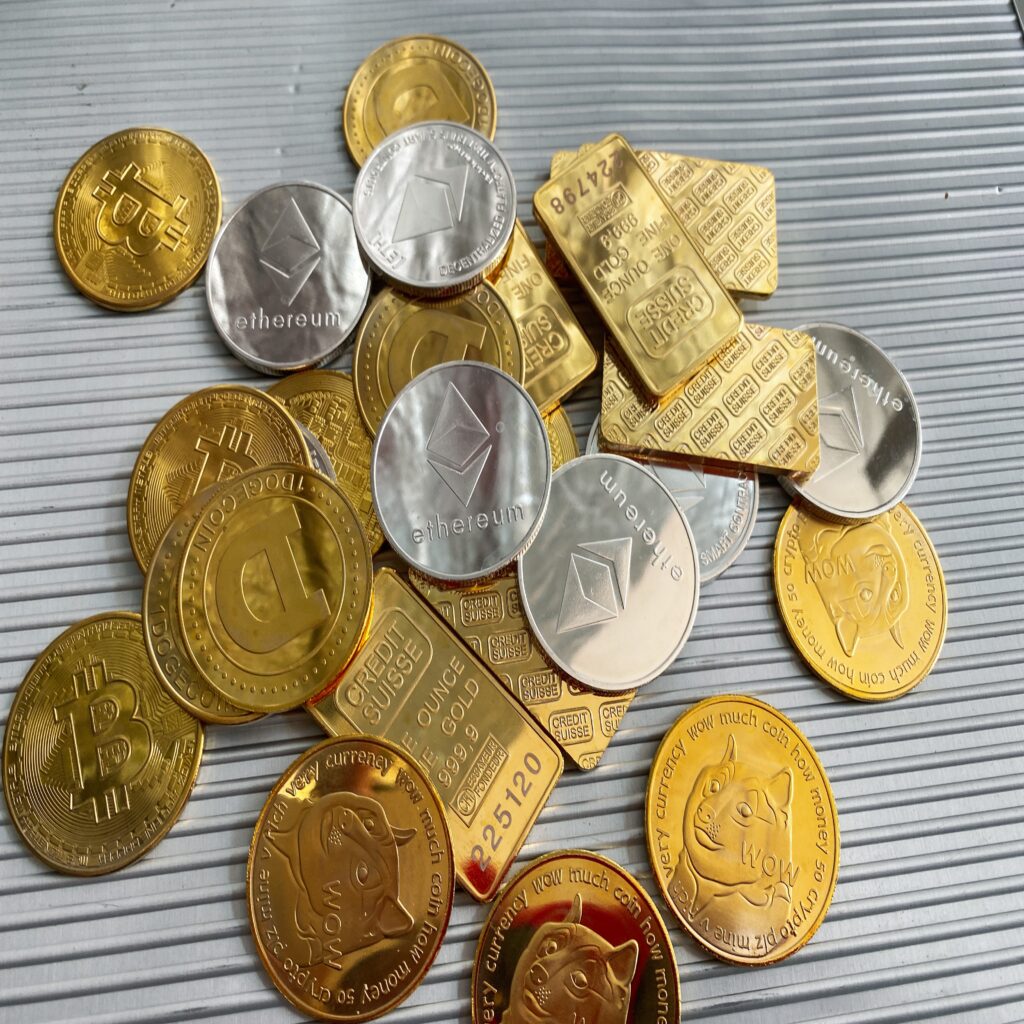
Case Studies of Geopolitical Events affecting Gold Prices
Real-life examples often have the best teaching power. Let’s examine some case studies where geopolitical events had palpable effects on gold prices.
Impact of 9/11 Terror Attacks on Gold Prices
The 9/11 terror attacks in 2001 shook the world and sent shock waves through the global economy. In the immediate aftermath, gold experienced a significant price jump as investors sought safety amidst the unfolding chaos.
Effect of Iraq War on Gold Investment
The Iraq war in 2003 was another major geopolitical event that influenced gold prices. The uncertainty caused by the war led to increased gold investment, causing a surge in gold prices.
The Greek Debt Crisis and Surge in Gold Prices
During the Greek debt crisis in 2010, we again saw the link between geopolitical events and gold prices. As the crisis unfolded, investors flocked to gold, leading to an increase in its prices.
Geopolitical Risks and Gold Market Volatility
As you’ve probably figured out by now, geopolitical risks can cause significant volatility in gold prices.
Volatility in Gold Prices, Explained
Volatility refers to the degree of variation in the price of a financial instrument over time. Gold prices can be quite volatile due to unexpected geopolitical events, causing swift and significant price changes.
Correlation between Volatility and Geopolitical Risks
Often, the onset of geopolitical risks triggers a surge in volatility for gold prices. Investors might rush to buy gold as a safe haven, thereby driving up its price. The reverberations of these geopolitical events continue to be felt in the gold market, causing fluctuations in its price.
Understanding Risk Management in Gold Investments
risk management in gold investments involves strategically managing your investments to reduce potential losses during volatile markets. This could include diversifying your investment portfolio, setting up stop-loss orders, and keeping a close eye on global events and market trends.
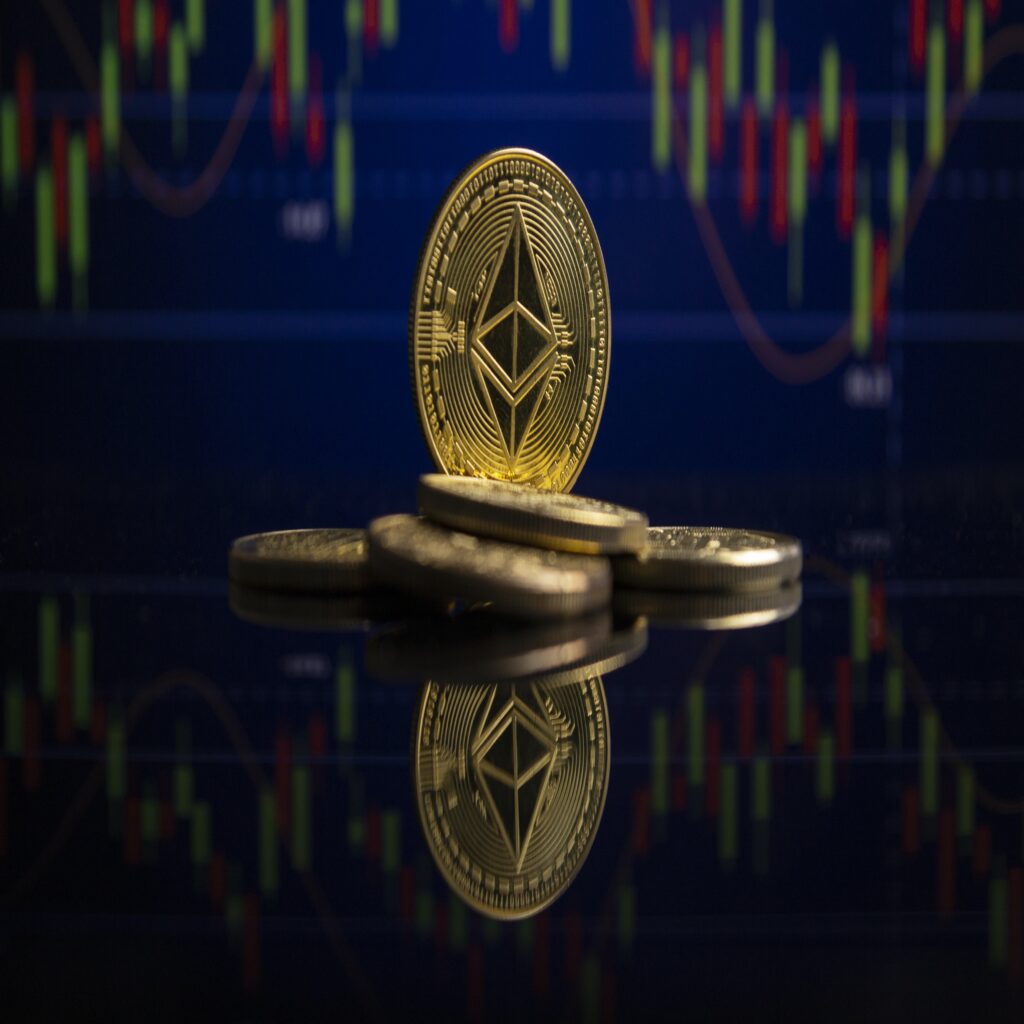
The Effect of Government Policies on Gold Investments
We can’t ignore the role that government policies play in the gold market. Government actions often have a direct and significant impact on gold prices.
Role of Government in Gold Market
Governments all over the world play a crucial role in the gold market. Their policies can influence gold prices, either directly through regulations and sanctions, or indirectly through economic policy changes.
Government Policies affecting Gold Prices
Specific government policies, including monetary policies, trade policies, and fiscal policies, can influence gold prices. For example, central banks often hold large reserves of gold and their buying or selling activities can cause fluctuation in gold prices.
How Political Decisions influence Gold Investments
When governments make political decisions such as changing economic policies or engaging in conflicts, it can lead to economic instability. During such times, investors might turn to gold as a safer bet, thus driving up its demand and price.
Investing in Gold during Economic Downturns
Economic downturns are often frightening, but they’re also opportunities for strategic investment. Let’s see how that works with gold.
Gold as a Safe Haven during Financial Crises
During periods of financial turmoil, investors typically view gold as a ‘safe haven’. It can serve as a shield against financial loss, and its value often remains stable, if not increasing during these periods.
Impact of Recession on Gold Prices
During times of recession, gold prices usually rise. As economic conditions worsen, investors become jittery, moving their wealth from more risky investments to gold as a more reliable store of value.
Strategies for Gold Investment during Economic Downturns
Investing in gold during economic downturns isn’t simply about buying it. It’s about timing your investment well and keeping a close eye on trends. Investment strategies can include buying gold when its price is relatively low, investing in gold ETFs, or diversifying your portfolio with a gold mix.
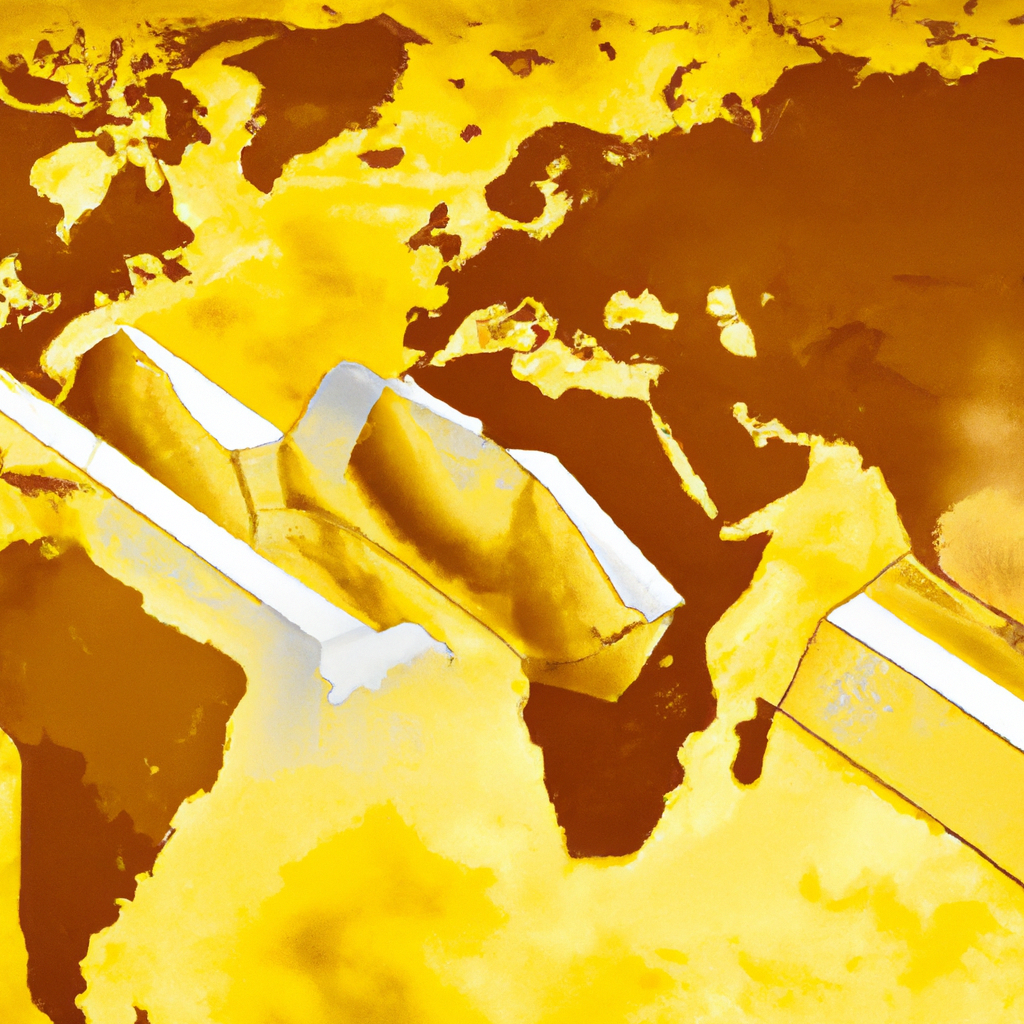
Future Predictions for Gold Investment
As the saying goes, ‘Prepare today for the needs of tomorrow’. Let’s look at how we can forecast future trends for gold investment.
Predicting Gold Prices
Predicting gold prices can be tricky as they’re influenced by numerous factors. However, several tools and models can give an indication of future trends, such as technical analysis and econometric models.
Factors Influencing Future Gold Prices
Apart from geopolitical events, factors that can influence gold’s future prices include inflation levels, interest rates, global economic conditions and the supply and demand for gold. It’s essential to assess these elements when forecasting gold prices.
Role of Geopolitical Events in Future Predictions
Geopolitical events will continue to play a significant role in future gold price predictions. It’s a given that geopolitical uncertainties tend to drive investors towards gold, thus impacting its prices.
Conclusion: The Role of Geopolitics in Gold Investment Strategy
We’ve come a long way in understanding the importance of geopolitical events in gold investment. Gold and geopolitics will remain unceasingly intertwined as long as there’s uncertainty in the world.
Consideration of Geopolitical Factors in Gold Investment
When considering investing in gold, it’s vital to also consider geopolitical factors. Keeping an eye on global events can offer unique insights, and help you make more informed investment decisions.
The Significance of Understanding Geopolitics for Investors
Understanding geopolitics is crucial for investors. By staying informed about global developments, investors can better predict market directions, risks, and opportunities, especially in relation to gold investments.
Final Thoughts on Gold Investment amid Geopolitical Events
Investing in gold in the shadow of geopolitical events isn’t for the faint-hearted. It requires constant vigilance, market knowledge, and an understanding of global politics. However, if done right, it can be a reliable strategy to protect and build your wealth. Remember to continually fine-tune your investment strategies to remain resilient amid global uncertainties. Happy investing!
